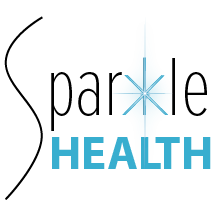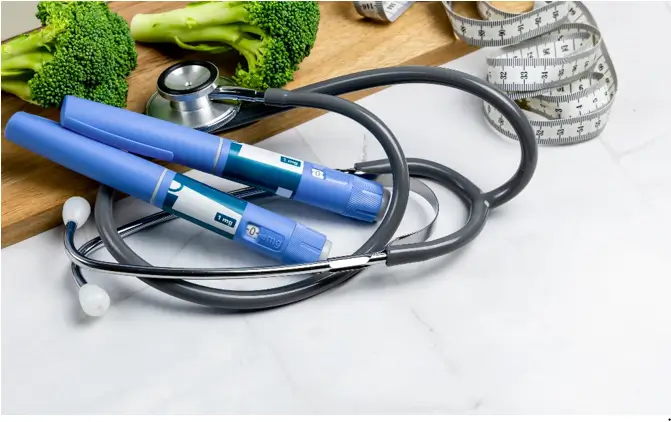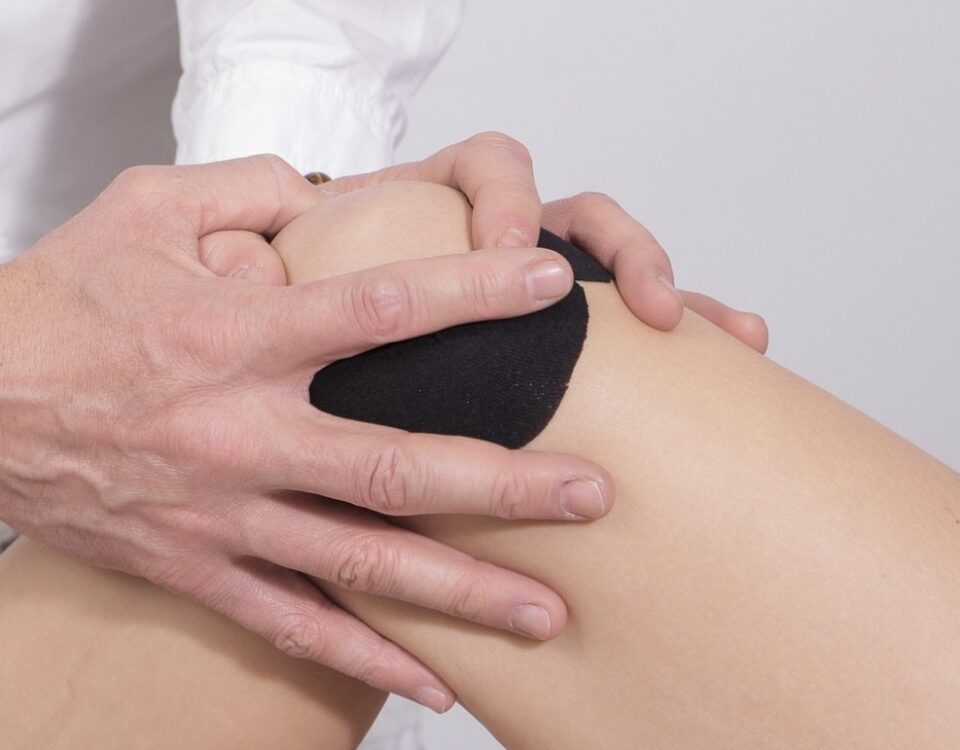Want to Boost Your Immune System? Work on Your Sleep!
There is a two-way street between your immune system and sleep. When our immune system is activated to fight an infection or there is some type of chronic inflammation, it affects our sleep. The opposite is also true, our sleep quantity and quality affects how our immune system functions.
Acute Infections Increase Our “Sleepiness”
Think about the last time you were sick with a cold or a flu. Did you feel tired- like you needed to sleep it off? For an acute infectious situation, the inflammation triggered by the immune system tends to increase sleep duration and intensity. There is typically an increase in slow wave or deep sleep (or deep sleep) in response to infection. When we are sick and we get some sleep, it does decrease those inflammatory proteins set into action by the virus. It helps with resolution of the immune response in a way. This is perhaps why when we do not pay attention to our self-care when sick and get adequate rest, it seems like the symptoms persist longer. It perhaps is not that the infection does not resolve but the immune system aftermath is what persists. It is important to listen to your body and rest as sleep seems to help reduce the inflammation in response to the infection.
Sleep Deprivation Decreases Our Body’s Ability to Fight Infection.
Sleep quantity and quality also affects our ability to fight off infections in the first place. Adequate sleep reduces the infection risk as well as improves infection outcome. Adequate sleep has also been shown to give better response rates to vaccines. Chronic sleep deprivation (less than 6 hours per night) leads to chronic inflammation and a depression of the immune system response. Part of why this happens is our body is always trying to balance things out. With chronic low grade inflammation, we have an increased risk of infection. When it comes to sleep, the “right amount” seems to be 7-8 hours. Less than that we are at greater risk of infection and chronic inflammation and believe it or not sleeping more than that also carries health risk.
Chronic Inflammation From Stealth Low Level Infections Can Also Drive Insomnia
During our lifetime, we are exposed to viruses and bacteria that in a way stay with us and can be a low-level infection and causes chronic inflammation. Overtime, the inflammatory proteins can be overwhelming to our system and conversely, decreased ability to fall asleep and stay asleep can occur. One of the more common “hot spots” for these low level infections is in the gut. Our gut bacteria can contribute to chronic inflammation and affect our sleep. That is why we sometimes look at the stool testing in functional medicine in cases of insomnia as well as other potential stealth infections such as Epstein Bar Virus, Herpes virus and Tick Borne Infections.
Tips For Better Sleep to Support Your Immune System:
- Set a bedtime and a wake time. It is important to try to be consistent with your sleep schedule to help set your circadian rhythm.
- Avoid light exposure at night. Our sleep wake cycle is determined by light and dark exposure. Dim lights in the evening and avoid bright screens to get better melatonin production and thus sleep. Conversely exposure in the morning to more bright light can improve wakefulness.
- Shoot for at least 7 hours of sleep per night.
- For problems falling and staying asleep, discuss with your doctor natural support to help set your circadian clock especially if this has been ongoing for some time. There are many causes of disordered sleep and sometimes it is a chicken and egg situation where you do not sleep because of other medical issues and the medical issues are worsened by poor sleep. Sometimes we just need to break that cycle.
- Talk about the risk of sleep disorders with your doctor. Sleep apnea is quite common and a big factor for poor disrupted sleep. Some people do not even realize that they are not getting into the deep sleep needed to help support their immune system due to the fact they are waking up throughout the night with apnea or pauses in breathing.
- Have a nighttime ritual that helps facilitate sleep. That may mean listening to relaxing music or diffusing some pro-sleep essential oils or reading.
- Put some effort into making sure your bed is comfortable. Create a sacred sleep space, darken windows, keep the ambient room temperature cool and use pillows, blankets, weighted or otherwise to create a sense of comfort.
- Shut down WiFi and put devices that emit EMF (electric and magnetic fields) away in a drawer. Consider a grounding sleep mat to offset our modern EMF exposures.
- Reduce caffeine intake especially in the later afternoon and at night.
- Avoid alcohol and sugar especially in the evening as they can also cause disruption of sleep patterns.
The Sleep–Immune Crosstalk in Health and Disease.
Besedovsky L, Lange T, Haack M.
Physiol Rev. 2019 Jul 1;99(3):1325-1380. doi: 10.1152/physrev.00010.2018. Review.
The Bidirectional Relationship between Sleep and Immunity against Infections.
Ibarra-Coronado EG, Pantaleón-Martínez AM, Velazquéz-Moctezuma J, Prospéro-García O, Méndez-Díaz M, Pérez-Tapia M, Pavón L, Morales-Montor J.
J Immunol Res. 2015;2015:678164. doi: 10.1155/2015/678164. Epub 2015 Aug 31. Review.
Sleep Health: Reciprocal Regulation of Sleep and Innate Immunity.
Irwin MR, Opp MR.
Neuropsychopharmacology. 2017 Jan;42(1):129-155. doi: 10.1038/npp.2016.148. Epub 2016 Aug 11. Review.





